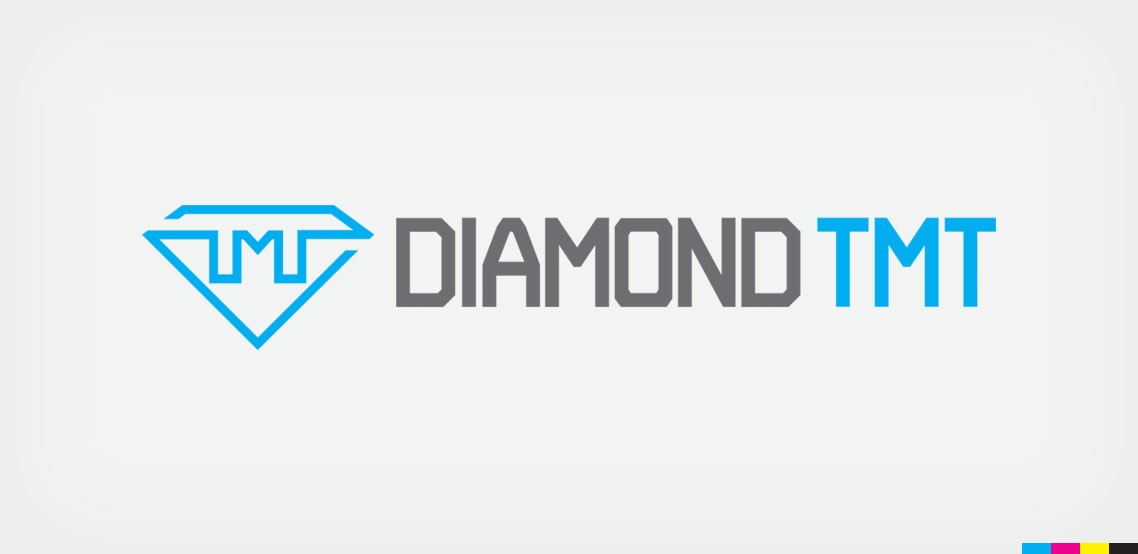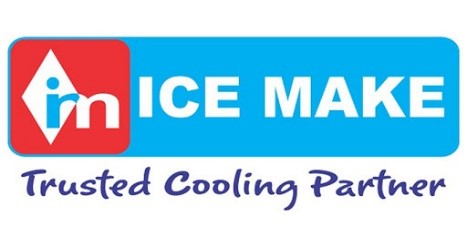Toyota Jidosha Kabushiki Kaisha v. Prius Auto Industries Ltd. & Ors.
Toyota Jidosha Kabushiki Kaisha v. Prius Auto Industries Ltd. & Ors.
Court: Supreme Court of India
Case No: Civil Appeal Nos. 5375-5377 of 2017
Order dated: 14th December, 2017
Facts of the case:
The Plaintiff is an automobile manufacturer incorporated under the laws prevailing in Japan. A Civil Suit [CS (OS) No. 2490 of 2009] was instituted by the Plaintiff in the Delhi High Court seeking a decree of permanent injunction for infringement of trade mark, passing off and for damages against the Respondents (hereinafter referred to as ‘the Defendants’) in order to protect the Plaintiff’s trademarks ‘TOYOTA’, ‘TOYOTA INNOVA’, ‘TOYOTA DEVICE’ and the mark ‘Prius’ of which the Plaintiff claimed to be a prior user.
According to the Plaintiff, it had launched the world’s first commercial hybrid car called ‘Prius’ in Japan in the year 1997 and in other countries like U.K., Australia, the U.S.A. etc. during the year 2000-2001. The Plaintiff also claimed registration of the trade mark ‘Prius’ in different countries as early as the year 1990 (in Japan) and eventually in other jurisdictions all over the globe. So far as India is concerned, however, the car was released in the year 2009 and until that point of time the Plaintiff had not obtained registration of the mark ‘Prius’ in the Indian jurisdiction. However, the car was displayed in the car shows in Delhi and Bangalore held in the year 2009 and it was formally launched in India in the year 2010.
The Plaintiff claimed that various advertisements and news reports about ‘Prius’ and publications in car magazines in India and across the globe has made ‘Prius’ a well-known trade mark within the meaning of the said expression Under Section 2(1)(zg) of the Trade Marks Act, 1999 (hereinafter referred to as ‘the Act’). According to the Plaintiff, in the year 2009, it discovered that the Defendants not only had got the mark ‘Prius’ registered way back in the year 2002-2003 for all types of auto parts and accessories but that they had also been using the said trade mark in carrying out their trade in such auto parts and accessories. The Plaintiff, therefore, approached the Trade Mark Registry for cancellation of the registered trade mark of the Defendants and also filed the suit in question on the ground that the Defendants had been using the well-known trademarks of the Plaintiff without any authorization thereby taking an unfair advantage of the reputation and goodwill of the Plaintiff which it had earned over a period of time across the globe.
Judgment:
Affirming the decision of the Division Bench of the Delhi High Court, the Supreme Court of India noticed that though the Plaintiff had used the mark PRIUS first in the world in 1997 and gained certain amount of publicity since then across the world in relation thereto, it was able to use the mark in India only in 2010 and had filed an application for its registration in 2009 on a “proposed to be used” basis. The Apex court observed that the existence of trans border reputation and claimed well-known nature for the mark PRIUS on or before the relevant date (i.e. the year 2001 when the Defendant started using the mark) needed to be established, which was lacking in this case owing to ‘scanty’ evidence and/or absence of appreciable documentary proof.
In furtherance of this, the Supreme Court also insisted on the Trinity Test as laid down by Reckitt & Colman Products Ltd. v Borden Inc:
The goods or services have acquired goodwill or reputation in the market place that distinguishes such goods or services from competitors;
The defendant misrepresents his goods or services, either intentionally or unintentionally, so that the public may have the impression that the offered goods or services are those of the claimant; and
The claimant may suffer damages because of the misrepresentation.
The Supreme Court concluded that trademark rights are territorial and not global, thus one has to prove that one has acquired its reputation and goodwill in a territory, only through actual evidence, thereby rejected the trade mark case brought by Plaintiff.

































































